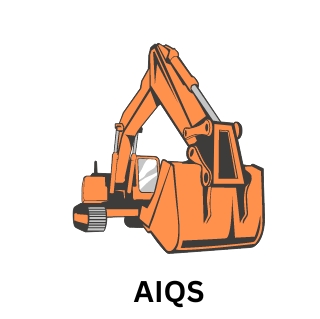5 reasons why soil stability matters in construction
Soil stability is a critical factor in the success of any construction project. It affects everything from the structural integrity of buildings to the sustainability of the construction practices. For companies, municipalities, and utility providers involved in infrastructure projects, understanding the significance of soil stability is essential for ensuring that projects are safe, durable, and cost-effective.
The Importance of Soil Stability
Soil stability refers to the strength and cohesion of soil to support structures without undergoing deformation or failure. It is determined by various factors, including soil composition, moisture content, and compaction levels.
Several factors can influence the stability of soil in a construction site, such as the type of soil, the level of saturation, the presence of organic matter, and the load applied to the soil. These factors must be carefully considered during the planning and execution of construction projects.
Reason 1: Ensuring Structural Integrity
Stable soil is the bedrock of any construction project. It ensures that the foundations laid are strong and capable of bearing the weight of the structure above. Unstable soil can lead to foundation failure, which can be catastrophic for the project.
Soil stability directly affects the longevity of a structure. Stable soil conditions help to prevent settlement and movement over time, which can otherwise lead to cracks, structural damage, and even collapse.
Reason 2: Preventing Soil Erosion and Sedimentation
Erosion can remove the topsoil, which is vital for vegetation and can lead to sedimentation in nearby water bodies, affecting aquatic life and water quality.
Effective erosion control measures help maintain soil stability, prevent loss of fertile topsoil, and protect water quality by minimizing sediment runoff.
Reason 3: Mitigating Risk of Landslides and Sinkholes
Landslides and sinkholes pose significant risks to construction projects. They can occur with little warning and can cause extensive damage to infrastructure and pose safety hazards.
Conducting geotechnical assessments helps identify potential risks associated with soil instability, allowing for the implementation of mitigation strategies to prevent landslides and sinkholes.
Reason 4: Environmental Protection and Sustainability
Stable soils are crucial for the preservation of natural habitats. They support vegetation that provides habitat and food for wildlife, and they help maintain the natural landscape.
By prioritizing soil stability, construction projects can reduce their environmental impact and support sustainable development goals.
Reason 5: Cost Savings and Project Efficiency
Addressing soil stability issues from the outset of a project can prevent costly delays and additional expenses associated with remediation efforts.
Understanding soil stability enables better project planning and management, leading to more efficient use of resources and a smoother construction process.






Comments (0)